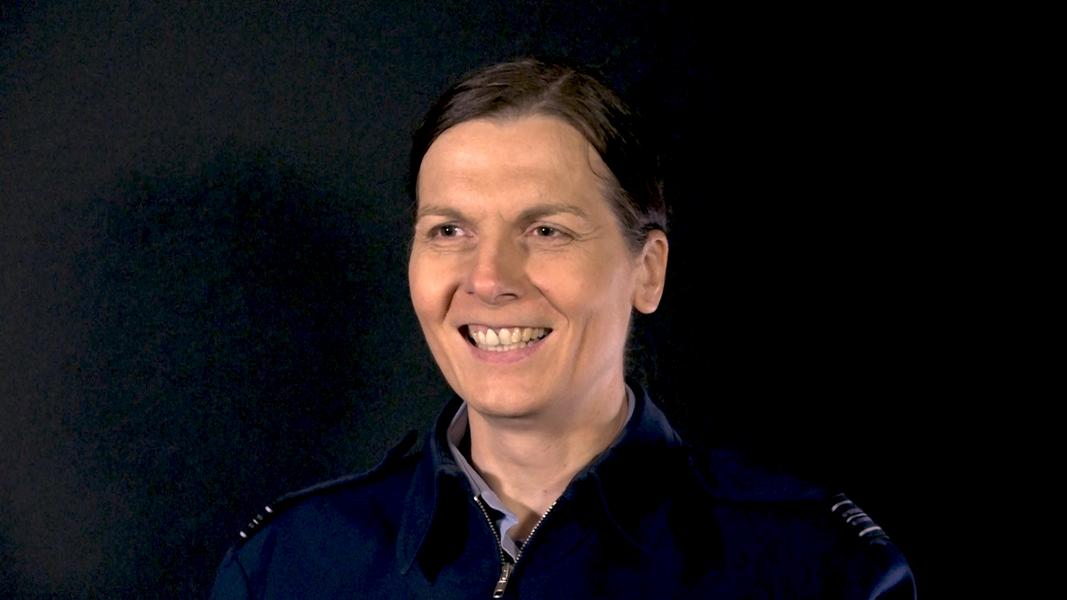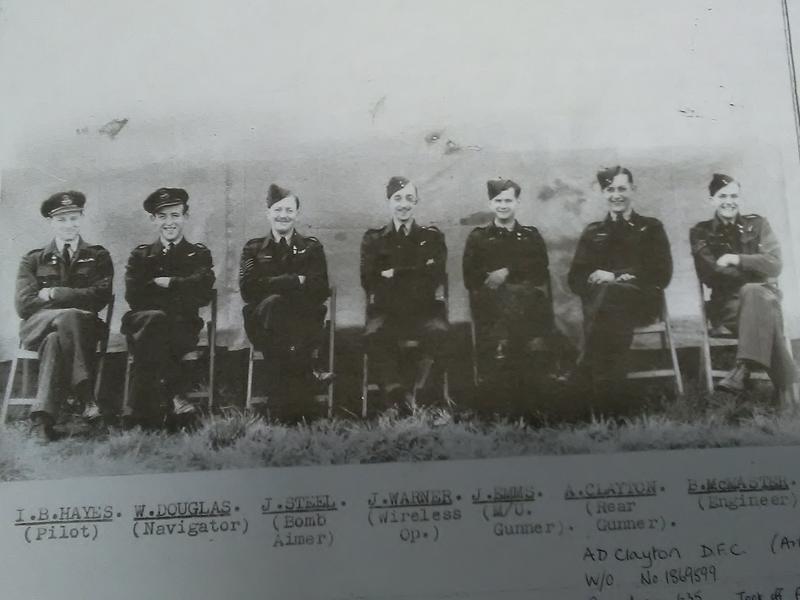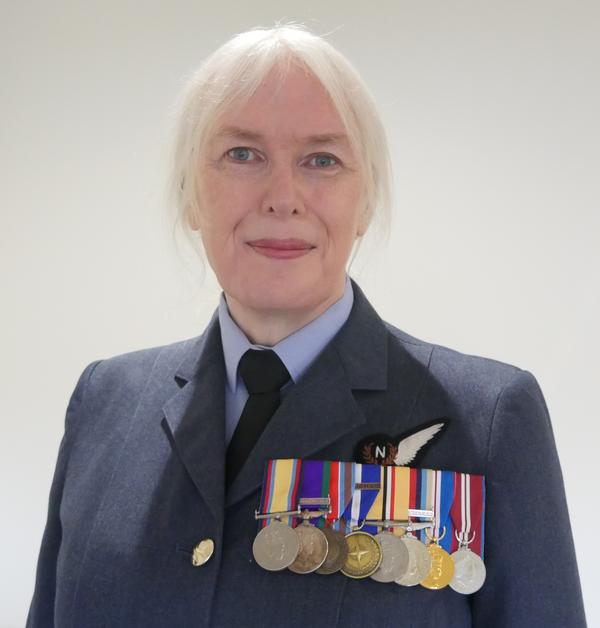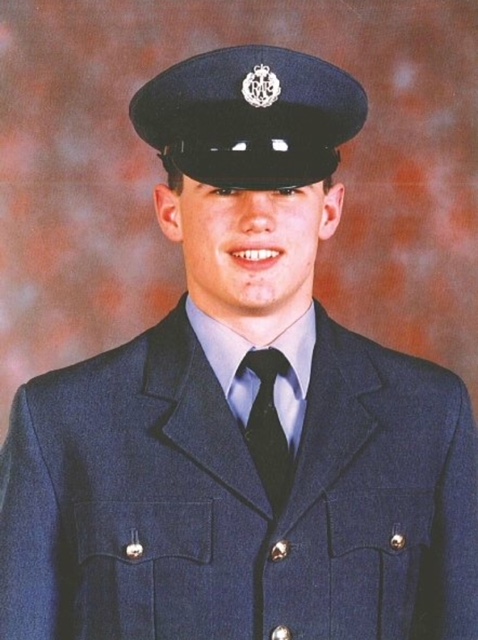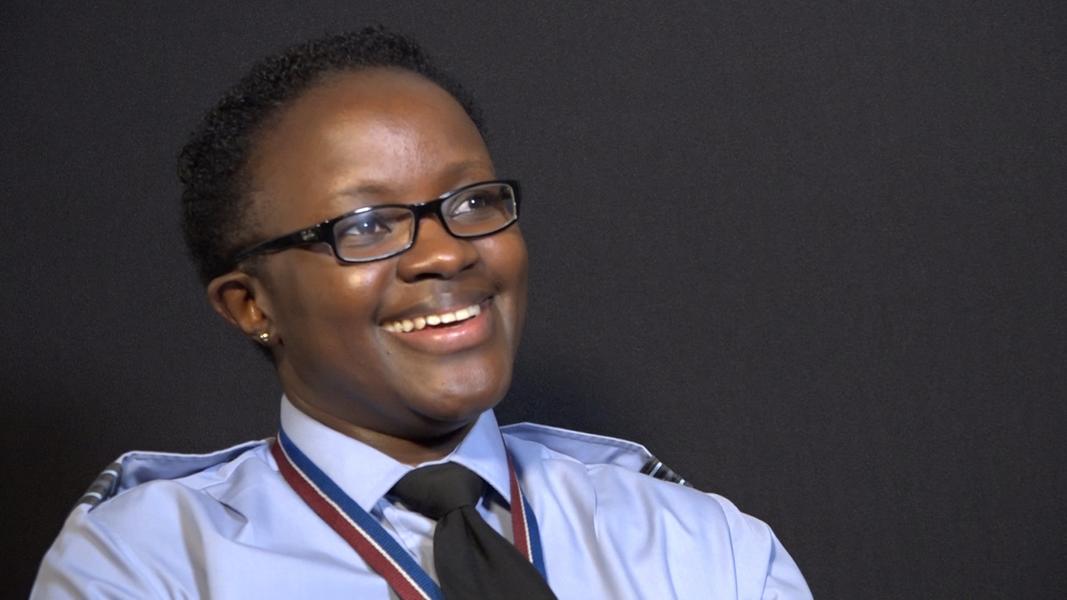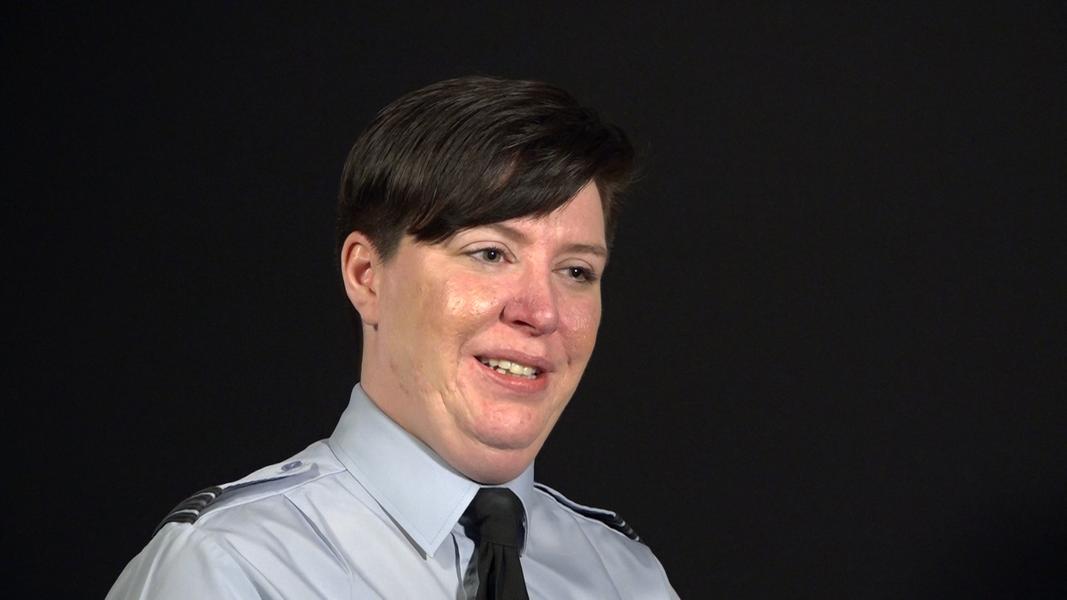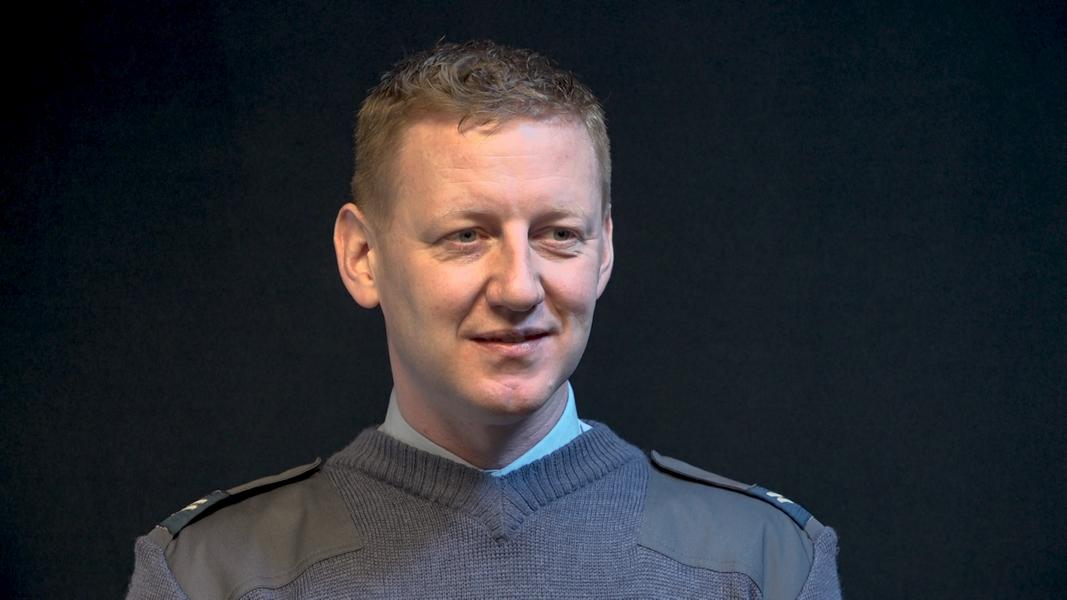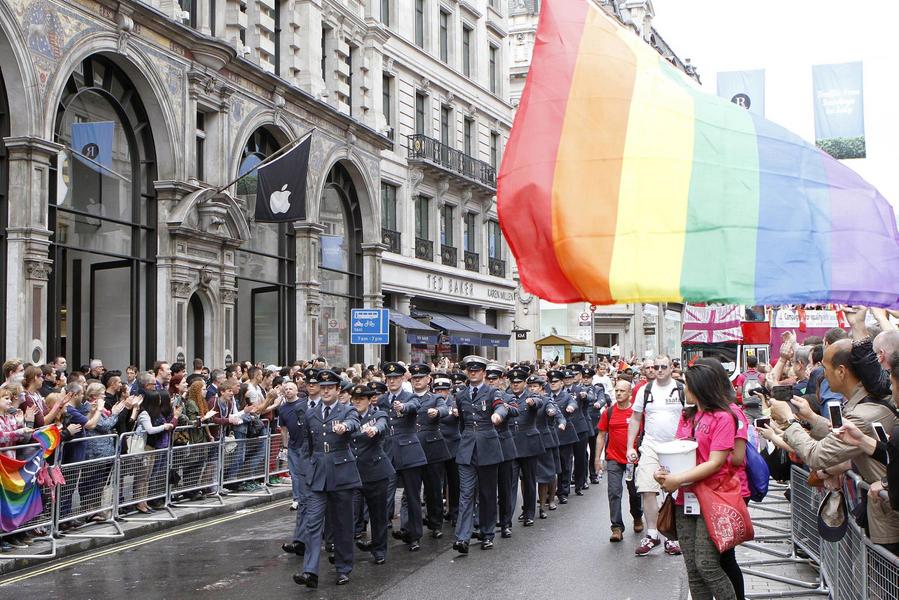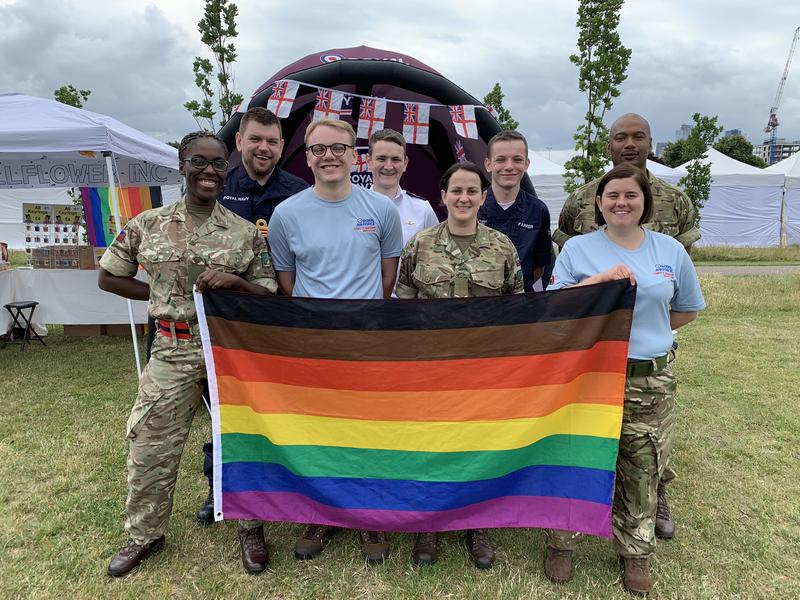which is a peer support network.
So, i.e., it's LGBT people who come together
to support other LGBT+ people.
And it was set up a number of years ago
after the rules were changed in the military
to allow LGBT+ people to continue to serve.
And once the first people started
to then become visible it became obvious
that there were a number of regulations
that still needed to be changed.
The support in the military wasn't quite there,
despite the fact the rules had changed.
So this organization was set up,
and it was a way of really bringing people together
so that they could discuss some of the unique challenges
that they'd faced.
And so all of that could be changed or people could advocate
for those to be changed for the future,
so that in the future people
wouldn't experience the same issues.
And that organization's really gone
from strength to strength.
You know, there's over 50 people
involved in that organization now.
We have unit representatives on virtually every unit
around the RAF.
For my part I'm one of what's called the pillar leads,
so I'm the transgender pillar lead.
So I'm effectively the focal point
for all transgender issues in the Royal Air Force.
Which means that when somebody gets to the point
of needing to transition,
needing to become their visible selves within the RAF,
I put myself forward to try and help in any way,
in any way, shape, or form.
Whatever help they need, whatever support they need.
But I also try to interpret the lived experience
for the RAF Policy Desk as well.
So that we can really influence the future
of the policies, sort of whatever policy's up for review
or whether, if a new policy's coming into place,
I tend to get involved at that stage as well
to try and make sure that it doesn't impact
any of the LGBT+ community or
where it's got an obvious overlap,
where we've considered any impacts
and try to mitigate wherever possible.
